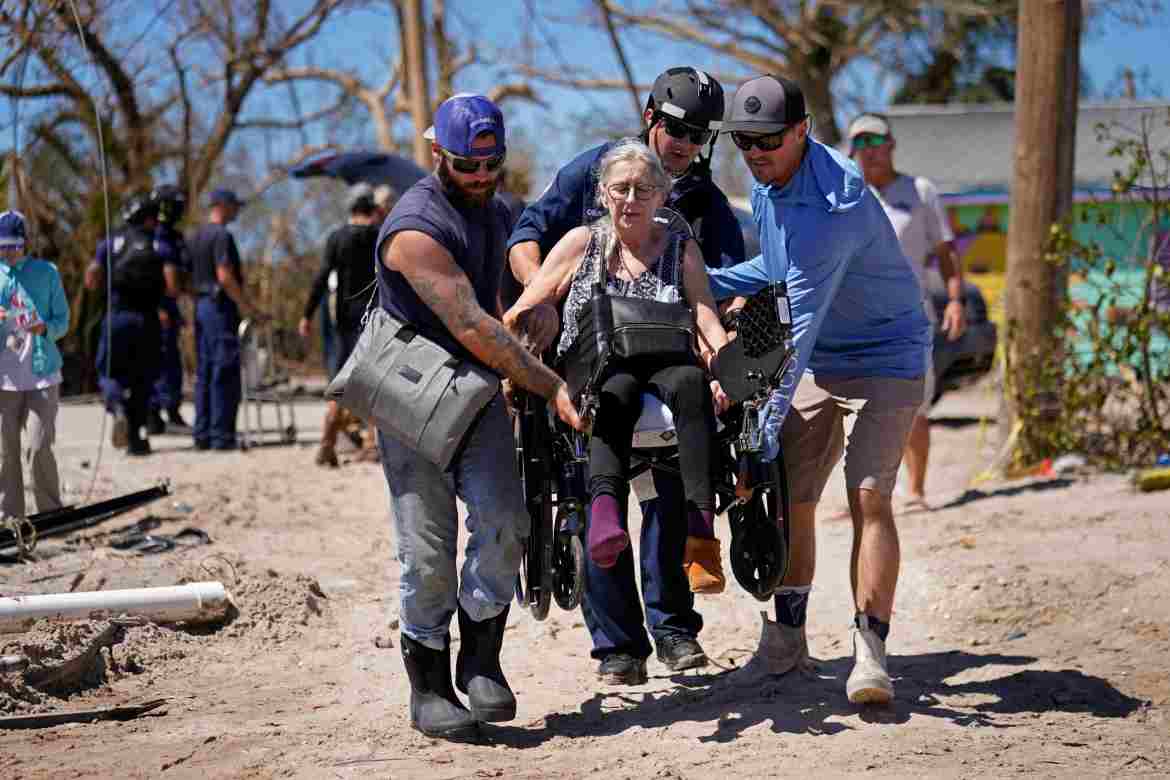Hurricane Ian aftermath search-and-rescue efforts ongoing

People kayaking down streets that were passable just a day or two earlier. Hundreds of thousands without power. National Guard helicopters flying rescue missions to residents still stranded on Florida’s barrier islands.
Days after Hurricane Ian carved a path of destruction from Florida to the Carolinas, the dangers persisted, and even worsened in some parts of the United States affected by the storm. It was clear the road to recovery would be long and painful.
At least 85 people have been confirmed dead: most in Florida, with four in North Carolina and three in US neighbour Cuba.
Flooded roadways and washed-out bridges to barrier islands left many people isolated amid limited mobile phone service and a lack of basic amenities such as water, electricity and the internet. Officials warned that the situation in many areas isn’t expected to improve for several days because the rain that fell has nowhere to go due waterways that are overflowing.
Fewer than 620,000 homes and businesses in Florida were still without electricity by early Monday, down from a peak of 2.6 million.
More than 1,600 people have been rescued statewide, according to Florida’s emergency management agency. Rescue missions were ongoing, especially on the Sanibel and Pine barrier islands near Fort Myers in southwest Florida, which were cut off from the mainland when storm surges destroyed causeways and bridges.
Coast Guard, municipal and private crews have been using helicopters, boats and even jet skis to evacuate people over the past several days.
